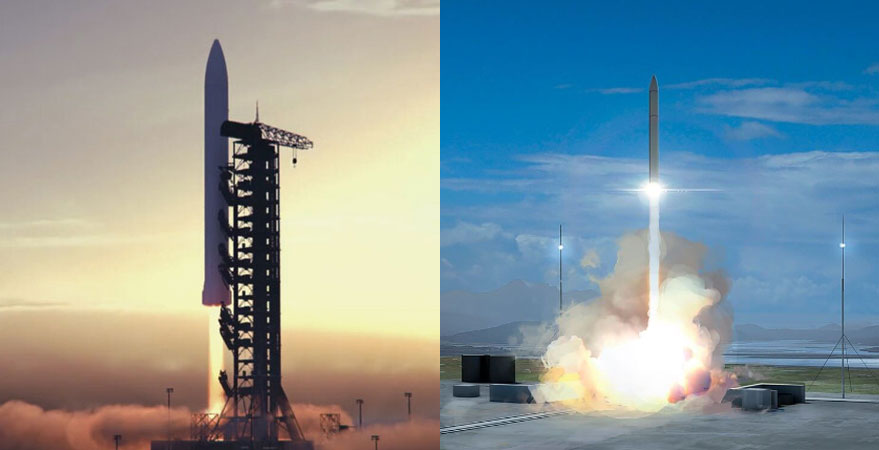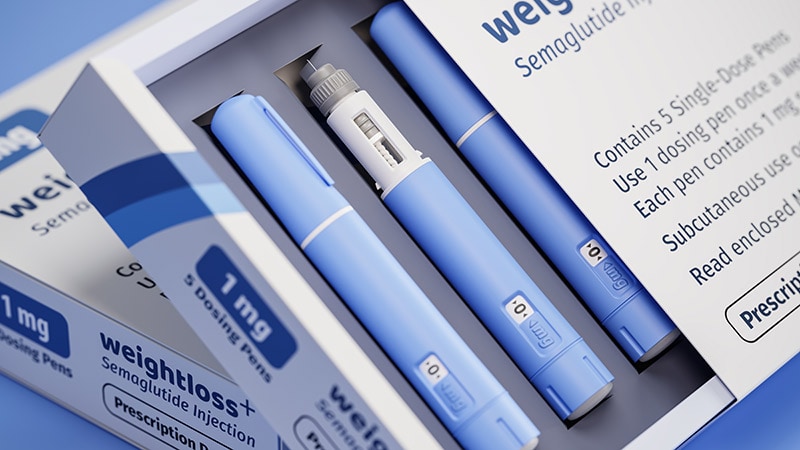
WASHINGTON — The British government released a highly anticipated space strategy Sept. 27 that outlines its plans to turn the country into a major global space power, but does away with a key metric it had been using to measure its progress.
The National Space Strategy sets five general goals for the United Kingdom in space, including growing its space economy, promoting its values of a “open and stable international order” in space, supporting research and innovation, defending national interests and using space for national and global challenges like climate change.
Those goals are supported by four pillars: growing the U.K. space sector, enhancing international collaboration, becoming a science and technology “superpower” and developing resilient space capabilities and services.
“At the heart of this strategy, we recognize and state clearly that we see this as part of a global race for the new space economy, and the U.K. has some very strong strengths that we want to play to,” said George Freeman, appointed science minister in the U.K. government earlier in the month, during a presentation at the U.K. Space Conference Sept. 27.
He also emphasized the role for collaboration, including with Europe, despite Britain’s departure from the European Union. That would primarily be done through the European Space Agency, he said, as well as “a number of other programs” with Europe. “We will only achieve the full potential of this great sector through collaboration internationally, and that starts here in Europe.”
One near-term issue for such collaboration is the role that the U.K. will have in the Copernicus program of Earth observation satellites, a joint effort of ESA and the E.U. The final Brexit agreement last December allowed the U.K. to participate in Brexit, but the British and European governments have yet to work out a detailed agreement governing that participation.
“The U.K. might have left the European political union, but we’re not leaving the European scientific, cultural and research community,” he said. “We want to make sure that, post our withdrawal from the E.U., we become an even stronger player in that research community.” He said Copernicus was a “vital” part of that strategy but offered no details on when an agreement governing British participation in the program would be completed.
The strategy also said little about government funding of programs to support those goals. Freeman noted a governmentwide spending review is due out in October that will provide more details. “Let me reassure you,” he said, “we wouldn’t be launching this strategy now if we weren’t fully committed to it.”
The strategy includes 10 “focus areas” that the British government says represent the “highest impact opportunities” it will concentrate resources on. Those areas range from smallsat launches to promoting space sustainability and using space technology to modernize transportation systems.
Those goals, and the rest of the document, included few quantitative metrics for judging progress. The strategy calls for the U.K. to be a “leading provider” of smallsat launch services and be “at the forefront” of Earth observation but provided little to measure how successful the country is at those goals.
During a later panel discussion at the conference, the audience noted the strategy was missing the one metric that the British government had been promoting for several years: a goal of capturing 10% of the global space economy by 2030.
The omission was deliberate, said Rebecca Evernden, director for space at the Department for Business, Energy and Industrial Strategy. “It’s been quite a long time since that initial 10% target was set,” she said. “We concluded that we needed a more sophisticated way to measure growth in the various parts of the U.K. space sector which is less clumsy, if you like, than a single headline growth target which is somewhat subject to the whims of foreign exchange rates and other factors that can perhaps skew the big picture of what is a very strong growth story in the U.K.”
She said government agencies were working on a series of “goals, ambitions and metrics” to determine progress against those goals but offered no additional information on when those goals would be ready.
According to the space strategy document, the U.K. space sector generated 16.4 billion pounds ($21 billion) in 2019 out of a global space economy of 270 billion pounds, giving the U.K. a market share of 6%. However, the report hinted that the U.K. was lagging toward that original 10% goal: it projected the global space economy to grow at an annual rate of 5.6% through 2030, while the national space economy was growing in recent years at an annual rate of 4.7%.
Andrew Stanniland, chief executive of Thales Alenia Space U.K., suggested on the conference panel there was some urgency for growing British space capabilities. “We’re already behind the rest of the world,” he said. “If we don’t outpace them, we’ll never catch up.”
Note: This article have been indexed to our site. We do not claim ownership or copyright of any of the content above. To see the article at original source Click Here













